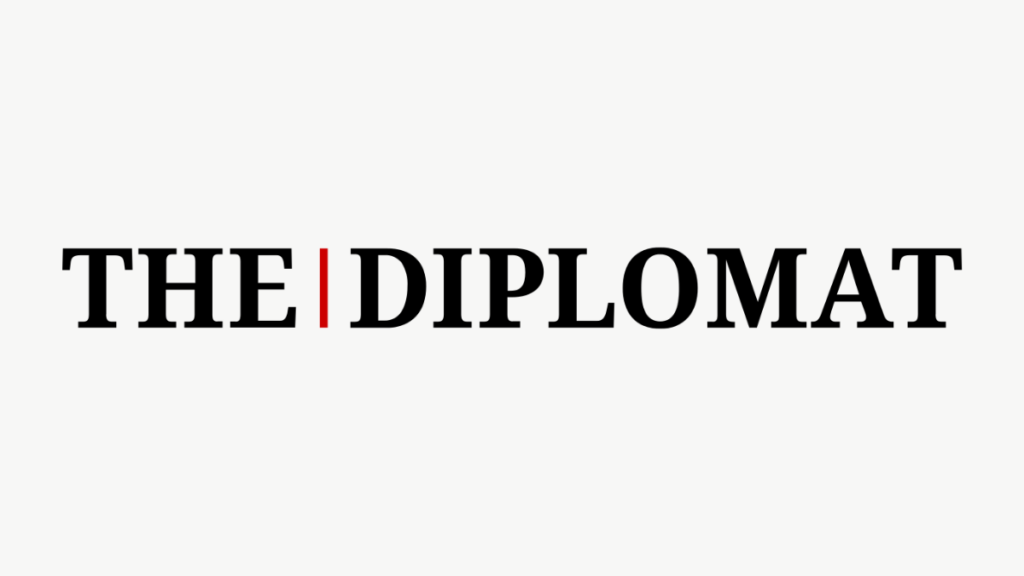An Early Warning Missed: The Uyghur Genocide and the 27th Anniversary of the Ghulja Massacre

February 2, 2024 | The Diplomat | By Omer Kanat
On February 5, 1997, in my hometown of Ghulja, Chinese security forces fired upon Uyghurs engaged in peaceful protests against a government crackdown on a growing civil society movement. This grassroots initiative aimed to tackle social issues, and promote artistic expression, moral values, and religious principles, through the Uyghur cultural tradition of meshrep, community gatherings.
Uyghurs around the world this year are marking the 27th anniversary of this massacre, and the ensuing roundups of thousands of young people. In the weeks after training gunfire on the peaceful demonstrators, security forces conducted sweeps of Uyghur neighborhoods. Hundreds of executions were carried out in the following months.
The deadly actions of the Chinese government in 1997 were an affront to the human conscience. Freedom of expression and peaceful assembly are fundamental human rights. The murder of nonviolent demonstrators should have brought universal condemnation.
However, accountability, justice, and remediation for the massacre have long eluded the victims. Uyghurs have wrestled with a difficult question: Why didn’t the world react?
The Ghulja Massacre was a clear and early indicator of the Chinese government’s dehumanization of the Uyghurs, a gradual process that has culminated in a genocide, according to the findings of the U.K. Parliament in 2022, the Independent Uyghur Tribunal in 2021, and a score of other authoritative bodies. Why did atrocity risk and prevention standards fail the Uyghurs in the 20 years between 1997 and the onset of crimes against humanity in 2017?
The answer does not lie in a lack of information. As Uyghur activists we worked hard to reveal the extent of killings. The United Kingdom’s Channel 4 reported on the demonstration, and in April 1999, an Amnesty International report found China had executed more than 200 Uyghurs for their participation in the protest. Amnesty reported estimates of arrests ranging from 3,000 to over 5,000.
Then silence. There were no government imposed sanctions. There was no response from the United Nations.
Nevertheless we continued to educate the world. In 2004, we came together to found the Uyghur Human Rights Project in February and the World Uyghur Congress in April.
Perhaps we Uyghurs were the victims of China’s growing integration into the global economy, when countries hoped that trade and not condemnation of human rights violations would bring us freedom from communism. The geostrategic context notwithstanding, our existing atrocity prevention indicators did not pick up that something was terribly wrong in the Uyghur region.
In the intervening 20 years, Uyghur activists have had one consistent message. If the United Nations, governments, legislators, investors, and academics kept up their continuing engagement with China, despite deteriorating human rights conditions, this would only embolden Beijing.
But governments ignored these warnings, and imposed no consequences on the Chinese government. It continued to imprison and execute Uyghurs on political charges, close spaces of religious practice and expression, impose tighter and tighter prohibitions on the use of Uyghur as a language of instruction in schools, exclude Uyghurs from economic life, and dispossess people from land and property. The massacres of protesters also continued, such as those in Ürümchi (July 2009), Hanerik (June 2013), Seriqbuya (April 2013), Alaqagha (May 2014), and Elishqu (July 2014).
Let me be clear: China is responsible for the crimes against humanity committed in the Uyghur region. The fact that the outside world didn’t act was a failure of our systems to catch atrocities. The issue is pertinent to all of us. Our failure has made the world safer for genocidaires. What happened to the Uyghurs should become a lesson learned so that we can forestall future genocides before it is too late.
Atrocity-warning protocols should take account of the Chinese government’s policies, including the risk-factor lists developed by the U.S. Holocaust Memorial Museum, the U.S. Strategy to Anticipate, Prevent, and Respond to Atrocities, and others. The indicators missed for the Uyghurs should not be missed for others.
To respond to the ongoing suffering of my people, governments must impose more sanctions. The U.S. Congress should pass the Uyghur Policy Act, creating a center within the State Department laser-focused on policy responses adequate to the enormity of the crimes.
Congress must also take up without delay the Transnational Repression Policy Act. It’s past time to create the necessary mandates for government agencies to effectively address the long arm of foreign repression reaching into American communities. Thousands of Uyghur Americans continue to suffer from the Chinese government’s ongoing campaign to harass and coerce our community into silence about the ongoing atrocities.
The European Union must ensure that its legislation to ban forced-labor imports is enforceable, at a time when the Chinese government’s genocidal policies include a massive scheme of Uyghur forced labor.
Although it is too late to save the still-unknown number of victims of Chinese government policies, it’s not too late to act for the survivors.
Read the article: https://thediplomat.com/2024/02/an-early-warning-missed-the-uyghur-genocide-and-the-27th-anniversary-of-the-ghulja-massacre/
